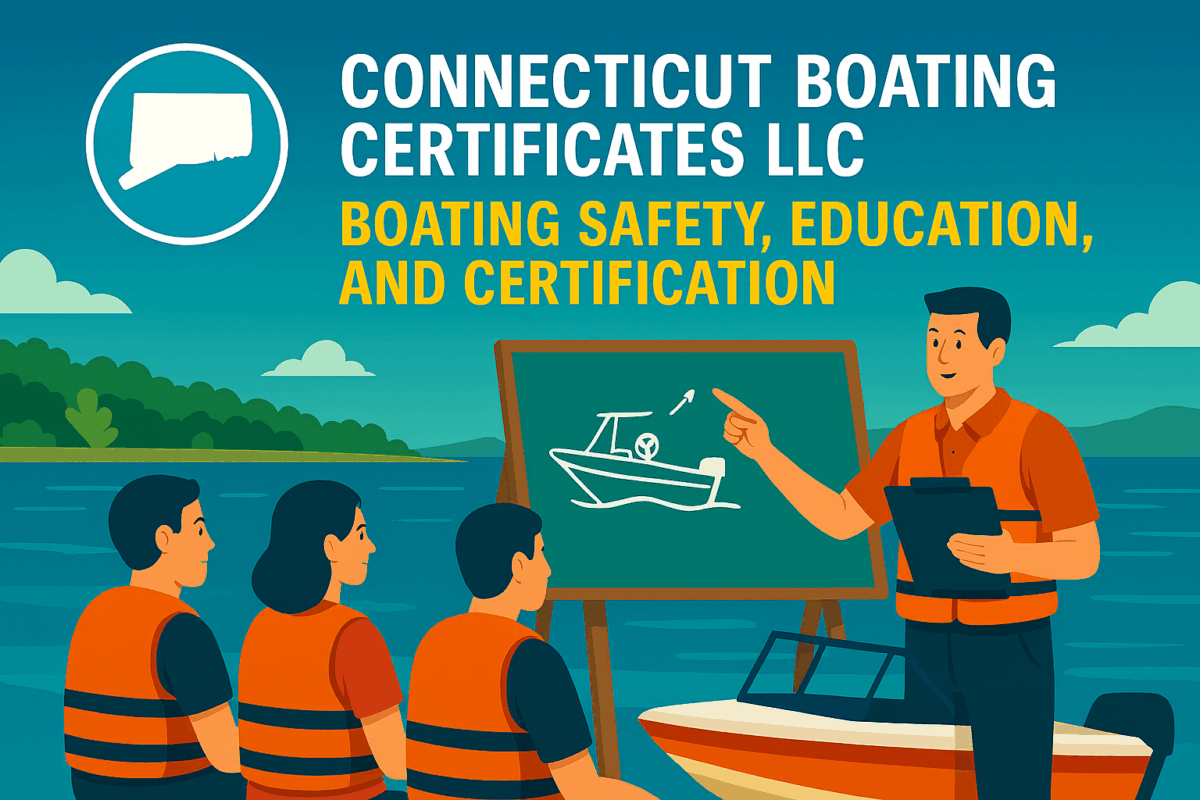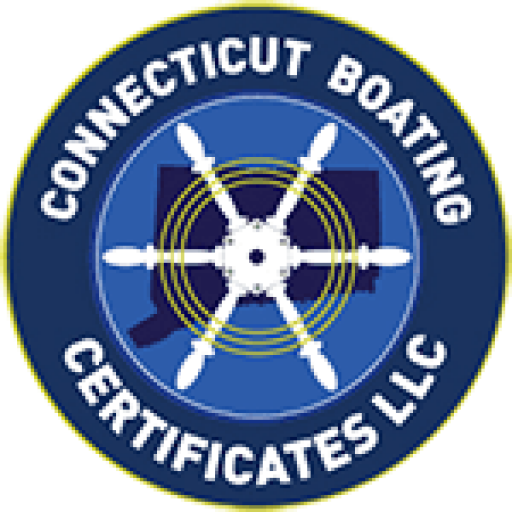Call: 1-800-832-7191

Pre-Departure Checklist
Why a Pre-Departure Checklist Matters
Before heading out, boaters must complete a Pre-Departure Checklist to ensure safety, compliance, and peace of mind. Because conditions can change quickly, preparation is essential. This checklist helps identify potential issues before they become emergencies. It covers equipment, documentation, weather, and crew readiness. Therefore, boaters reduce risks and improve their overall experience.
Although many overlook this step, seasoned mariners know its value. By following a Pre-Departure Checklist, boaters protect passengers, property, and the environment.
Safety Equipment and Emergency Gear
Start by checking life jackets for proper fit and condition. Ensure each passenger has one readily available. Next, inspect fire extinguishers, flares, and sound-producing devices. Because emergencies happen without warning, gear must be functional and accessible. Also, verify that navigation lights work properly, especially if boating near dusk.
Additionally, confirm that your first aid kit is stocked and stored in a dry location. These items can make a critical difference during unexpected situations.
Vessel Condition and Operational Readiness
Inspect the hull for cracks, leaks, or damage. Check fuel levels and confirm that the engine starts smoothly. Because mechanical issues can ruin a trip, maintenance matters. Review oil levels, battery charge, and bilge pump operation. Also, test steering and throttle controls for responsiveness.
Furthermore, secure loose items and confirm that anchor and lines are ready for use. A well-prepared vessel ensures smoother navigation and fewer surprises.
Final Steps in the Pre-Departure Checklist
Review your float plan and share it with someone onshore. Include your destination, estimated return time, and contact information. Because communication is vital, test your radio or cell phone signal before departure. Check the weather forecast and water conditions to avoid hazardous situations.
Moreover, brief your passengers on safety procedures and emergency protocols. By completing the Pre-Departure Checklist, you demonstrate responsibility and enhance everyone’s safety on board.
